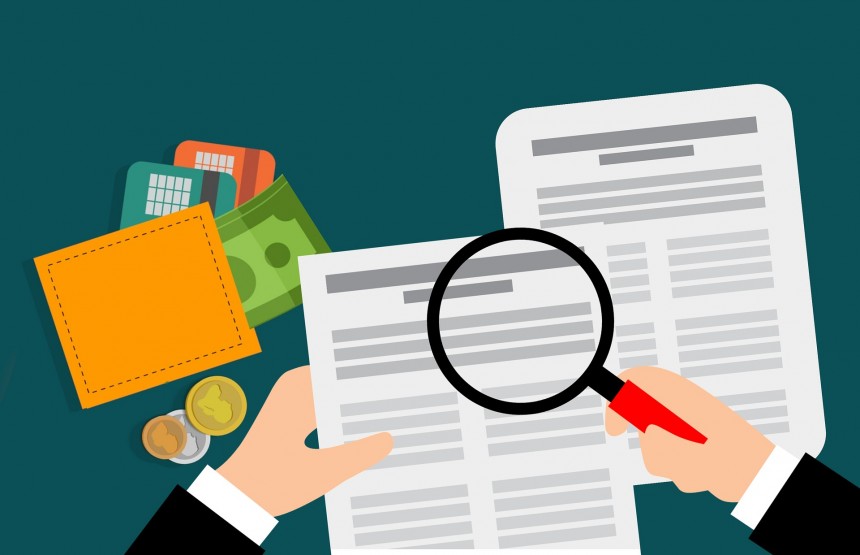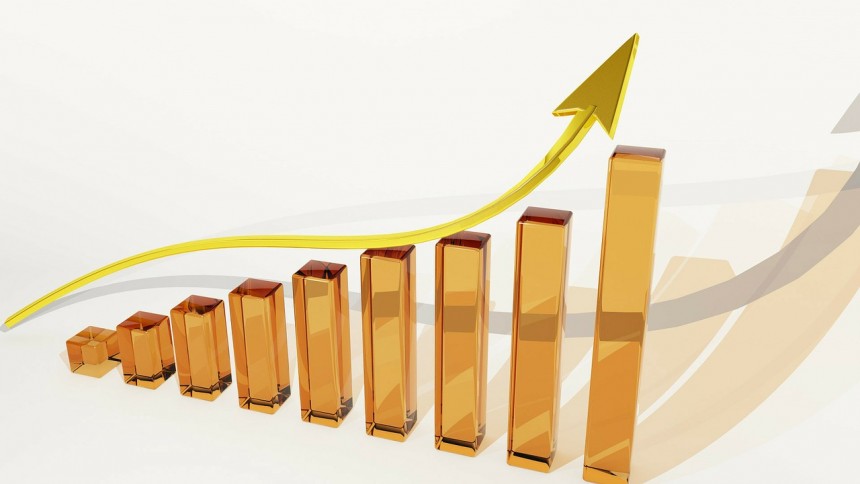
Major Differences Between Business and Personal Loans
Major Differences Between Business and Personal Loans
When it comes to personal loans versus business loans, there are major differences between the two. While each loan type can enable you to achieve your financial goals, they contribute to different parts of your life, cost money in different ways, and offer distinct solutions for various problems that you may be facing. It is important for people who are looking into taking out loans or seeking advice about which type is best for their current circumstances or desired use of funds to understand the key differences between business and personal loans so that they can make informed decisions.
According to market research statistics done by Ipsos Reid on behalf of MNP LTD., many Canadians do not fully understand the difference between these two types of borrowing options, which is why we will explore some of the most important distinctions between the two as part of this article.
What Is a Business Loan?
A business loan is money that you borrow from a bank or lender and then pay back over time with set monthly installments. Part of your payment each month will include interest on the amount that you borrowed. You may take out a business loan to start up or expand your company, cover unexpected expenses associated with running your enterprise or finance an acquisition of another company. These funds can be used for whatever purpose you deem necessary, so long as it helps you improve and grow your business in some way and increases its overall net income (or profit). However, there are some restrictions on how these funds can be used; for instance, they cannot typically be used to pay business expenses that are not directly related to growing your company, such as paying for your expenses or family needs.
What Is a Personal Loan?
A personal loan is a money that you borrow from a bank or lender and repay in monthly installments like with any other type of loan. One benefit of a personal loan versus a business loan is that this kind of borrowing does not have to be paid back according to a set schedule where you must make regular payments each month until the debt has been settled in full. This gives you some flexibility when it comes to repaying these funds, unlike with a business loan where failure to meet your contractual obligations will result in penalties and fines being applied to your account if you miss even one payment.
The major differences are:
1) Duration of Loans:
Business/commercial loans tend to be shorter-term (usually under 5 years), while consumer/personal loans tend to be longer-term (maybe over 7 years).
2) Use of Funds:
Business/commercial loans have more restrictions on the use of funds, while consumer/personal loans do not.
3) Interest Rates:
Commercial/business loans tend to carry a higher interest rate than personal/consumer loans. This is because businesses are considered a higher risk for lenders and therefore they demand a higher return on their investment. The rates offered by commercial lenders also depend on the business's creditworthiness and what industry it operates in. Business owners with better credit records typically get lower interest rates from commercial lenders compared to those with bad or no credit history. Lenders will also take into account factors such as the borrower's liquidity, turnover ratio, business types, financial performance, and stability when determining loan interest rates.
4) Collateral:
Commercial/business loans may require some type of collateral to secure repayment in case the borrower does not repay as agreed, such as equipment or real estate, while consumer/personal loans do not require any security/collateral.
5) Repayment:
Businesses typically have more time to pay back their commercial/business loans than consumers who pay back personal/consumer loans. Business owners may also need to provide detailed monthly and quarterly financial statements and spell out what they will use their loan funds for. However, if a business fails to make timely payments on its debt then it could be sued by the lender for failure to repay according to terms and conditions specified in the loan agreement.
Basically, How Are Business Loans Different from Personal Loans?
When it comes to their key differences, a business loan is more expensive every month than a personal loan because the interest rates on this type of borrowing tend to be higher. A business loan can also require you to start making regular payments that include interest charges even if your company has not generated any cash flow yet. If you do not have enough income from your business operations to cover these amounts, then you may have to borrow additional funds or tap into savings or investments in order to meet these obligations until your firm starts generating enough income through its operations so that it can afford to repay the business loans itself. One of the most important distinctions between a business and personal loan is that the former type of borrowing is not allowed to be used for non-business purposes, whereas the latter can be.
How Can I Obtain a Business Loan in Canada?
Once you have decided that you would like to take out a business loan to finance your company's growth, there are certain criteria that lenders will look at to assess whether or not they will approve your request.
These factors can include your credit score; where you are operating your business (as some locations are riskier than others); how much money this venture has already raised so far through equity investment, loans, or grants from various organizations and government programs; what kind of collateral security you have on hand that can be offered up as guarantees against the loans that you are requesting, and so on. You will also have to fill out a loan application form, which is used for all borrowers to assess their financial situation and risk level before making a lending decision. If you have been refused a business loan in the past by other creditors due to poor credit or insufficient collateral being offered as security, then applying again with different lenders can be an effective way of getting your business off the ground because they may choose to give you a chance if they deem that your previous credit problems were not caused by irresponsible borrowing habits in the first place.
How Can I Obtain a Personal Loan in Canada?
Personal loans do not require any collateral from borrowers to secure them, but there are some other factors that lenders take into consideration before they agree to approve a borrowing request. These can include whether you hold a stable job with a reputable company, your total debt burden as well as the ability of your income sources to repay this money by making monthly installments for several years, and other relevant factors. Personal loans are typically much simpler to obtain than business ones because they do not require as much documentation from borrowers or as stringent criteria from lenders to be approved. Another benefit of personal loans over business ones is that these funds can be used for whatever purposes their owners desire - whereas going through a business loan typically means you cannot use the borrowed funds on anything besides growing your company in some way.





